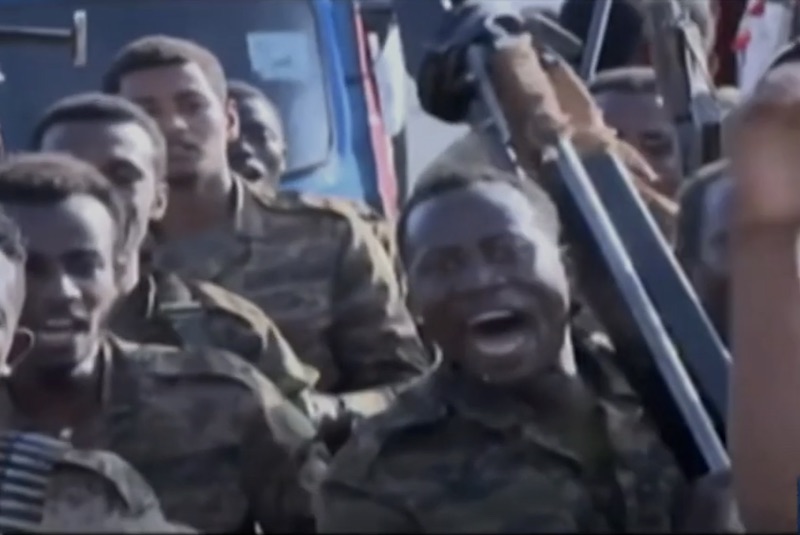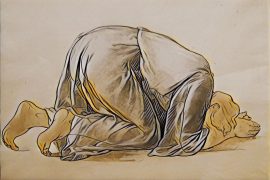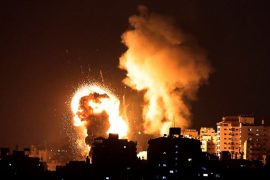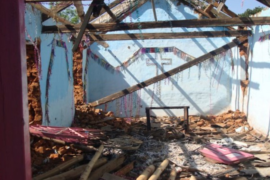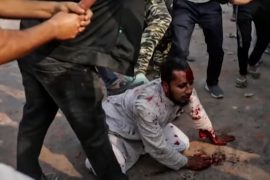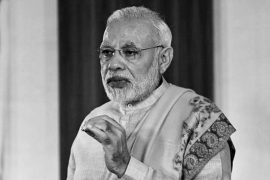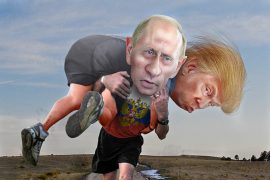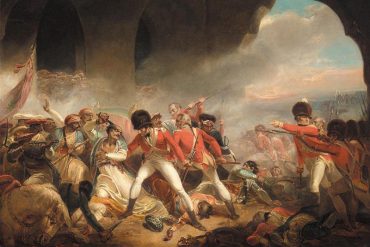The civil war in Ethiopia, which broke out between the northern Tigray province and the Ethiopian central forces, is one of the most unfortunate events in the last three decades. As the fighting escalates in northern Ethiopia, hundreds of Ethiopians have died, and tens of thousands are fleeing the country, crossing the border into Sudan. It is a major humanitarian disaster.
Having served as India’s Ambassador to Ethiopia, between 2005-2009, I am greatly concerned about the conflict in the region.
Background
Tigray, the northernmost region of Ethiopia, has a contentious land border with Eritrea. The most progressive of Ethiopia’s ten provinces, it accounts for 6 per cent of Ethiopia’s 110 million people. However, it has had a disproportionate share of power since it liberated Ethiopia from the Derg regime in 1991. At the time, Tigray had 90 per cent of the nearly 100,000 strong liberation forces.
The Nobel Peace prize, won by Ethiopia’s Prime Minister, Abiy Ahmed, for resolving the border conflict with Eritrea, sowed the seeds of suspicion among the Tigrayans, who see Eritrea, their ethnic cousins, as the main enemy. From 1998 to 2000, Ethiopia and Eritrea fought a long drawn out war, which ultimately led to a UN mediation and a peacekeeping force, including Indian troops, until 2008. The view from Mekelle, the capital of Tigray, was that Abiy Ahmed, who is ethnically Oromo, was trying to outflank them by cozying up to Eritrea.
-30-
Copyright©Madras Courier, All Rights Reserved. You may share using our article tools. Please don't cut articles from madrascourier.com and redistribute by email, post to the web, mobile phone or social media.Please send in your feed back and comments to [email protected]

